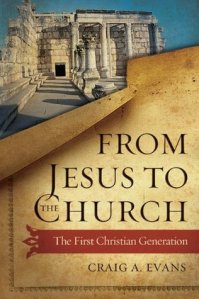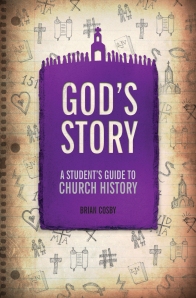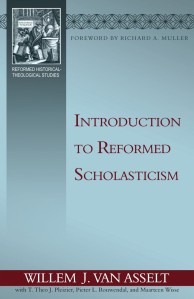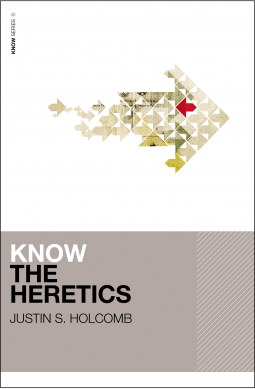What does the modern-day, sophisticated church has to do with the reformation of the (not so) ancient past? Well… Plenty! In this book, Carl Trueman contends that the churches today (and tomorrow) about the need to recover the spirit of the reformers.
In the first chapter, Trueman first gives an analyses of the current status of evangelicals. First, he described how the evangelicals have lost the spirit of the reformers, specially he explained why the reformers saw the desperate need for the church in their time to be reformed to the centrality of the Gospel and the Word, their motivation and their goal. Then, Trueman commented on how the contention within the evangelical with regards to worship often only differ merely with the outward form, which in his view, is only embracing the reformers outwardly, but missing the precise point of why the reformers saw — a need for the congregation to have a vernacular worship.
In the next chapter, Trueman looks at the theology of glory — looking at God from man’s point of view vs theology of the cross — looking at God from Christ’s point of view. This branches out of how Luther himself saw the dichotomy of these two teaching and found the teachings to the Church then to be akin to those of the theology of glory, which thinks that God values what man values. In contrast to that, Luther responded by proclaiming that the church needs to embrace the theology of the Cross.
Trueman then raises two examples that he finds the current evangelical circle need to consider, first regarding suffer, How do we understand and view suffering? Are we unknowingly embracing the theology of glory by our preoccupation to shun away from suffering or to deem suffering as bad or ‘not according to God’s plan’? In the next example, Trueman talks about the definition of a truly successful church. Is the successful church one that entertains and attracts and gauges it’s success by numbers? Or by how faithful the word is being preached? He calls the church to recover what they have lost, to re-embrace the true marks of the ‘successful’ church.
In the next chapter, Trueman then focuses on the centrality word of God and preaching what it does, what it is for, and what the training preachers be. And in the last chapter, He elaborates on the doctrine of assurance, and how we can you find it? Do we base it on our feelings? Emotions? Experience? Or rather on what God has done for us, definitively and absolutely, through Christ Jesus death and resurrection?
Essentially, this is a call for the reform-ed (i.e. Protestant) to re-examine the importance of the Reformation and recover the spirit of Reformers. Although this may be a thin book, it does pack a punch and Trueman gives many points for the evangelical to consider how far we are away from the reformers, and to recover from it before it’s too late for us. Recommended for all church leaders and preachers who wishes to be faithful to what God’s Word say.
Rating: 4 / 5
If you're interested, you can get it here, and here (free international shipping), Kindle.



